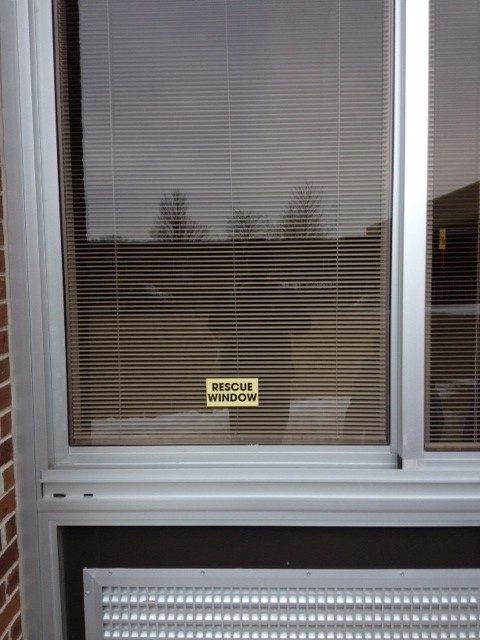One of the most common conceptions I encounter when I talk about how insurance works (and the “adverse selection” problem that “can” result when it doesn’t) is that, “it’s stupid for healthy people to buy health insurance.”
You can generalize this by people thinking that it’s stupid for people who have homes that are not likely to burn down to have fire insurance.
But of course that is wrong. Indeed, the “problem” in insurance markets is that because firms either can’t (because of information asymmetries) or are prohibited from (because of legislation) charging people of different risk profiles different prices, then we tend to see the “healthiest” and “least risky” people selected OUT of the insurance pool, leaving only “risky” people insured paying high prices. This is not really a post on why people get insurance wrong (many think it’s SUPPOSED to be a way for the low risk to subsidize the high risks, but that is completely incorrect). What this post is about is this picture I saw on the way into a school tonight:
It’s a rescue window. Of all the places I spend a lot of time, I see more safety equipment and precautions in place at grammar schools than just about anywhere. And in all of my years in schooling either as a student, teacher or parent, I have actually NEVER seen ANY of the safety equipment ever used. How often are the safety windows used? And certainly having these safety windows contributes to higher costs of education than otherwise.
My point is quite simple: how many people have you heard say, “since the school didn’t actually USE the safety windows, or since the school didn’t actually USE the fire extinguishers, it was stupid to have purchased them.” This is really nothing more than an analogy from above. If you are “safe” it’s not obvious that you shouldn’t purchase safety equipment. The relevant question is whether the safety equipment, given its price, was appropriate given the risk. In other words, it makes a lot of sense to have safety equipment if it is cheap when you are a low risk person.
But I’ve never even encountered the proposition that “safe places like school obviously shouldn’t purchase safety.” How is that any different than the misconception that “healthy people shouldn’t purchase insurance” (or the associated claim that they should be forced to buy it so that the risky can afford it)? I don’t see that it is. Yet how can one misconception persist while the other is obviously not committed?

As long as the teachers are protected it’s OK. twincities.com/minnesota/ci_23083551/cold-spring-invests-bulletproof-whiteboards-enhance-school-safety
“it’s stupid for healthy people to buy health insurance.”
It is stupid for anyone to buy more insurance of any kind than they need. How much insurance a person needs is highly personal.
But somewhere along the way, health insurance turned into, someone who pays my healthcare expenses. And real insurance, that covers the unexpected and protects you from hardship but little else, is now considered inferior and illegal to sell.
I always liked to think of insurance as something that one should own if they cannot afford a catastrophe. Either 1) Insurance firms are philanthropic, and charge lower rates for insurance than the expected costs you will incur, or 2) Health insurance firms are competitive and must charge rates that are slightly greater than your expected costs. I think 2 makes more sense; therefore, I generally prefer low premium, high deductible plans when I must have one, but would rather eat the costs of an expensive event than pay more than my share in premiums.
I think you missed a fundamental point of insurance. Insurance not only acts as a good you pay into and redeem in certain (unfortunate) circumstances, but it also offers “benefits” in the sense of security. Many people receive a level of utility just from the fact that they know they would be covered in an unfortunate circumstance. It is in this sense that we are able to see the Marginal benefit of insurance equalling the marginal cost at the bundle of insurance that a consumer would purchase.